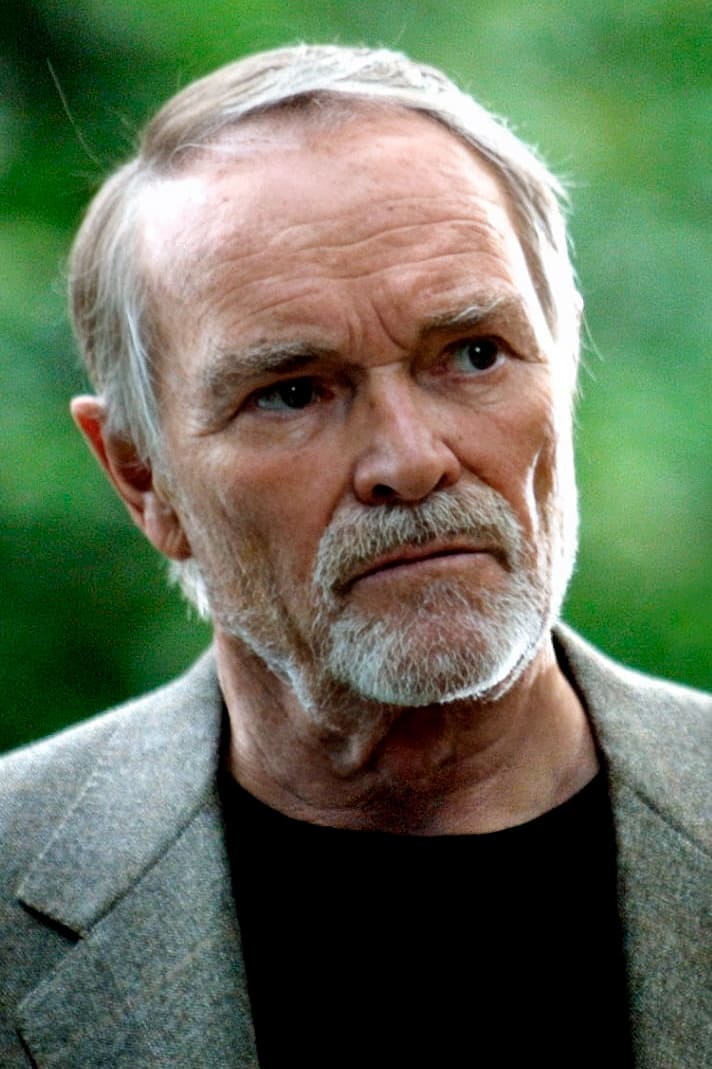
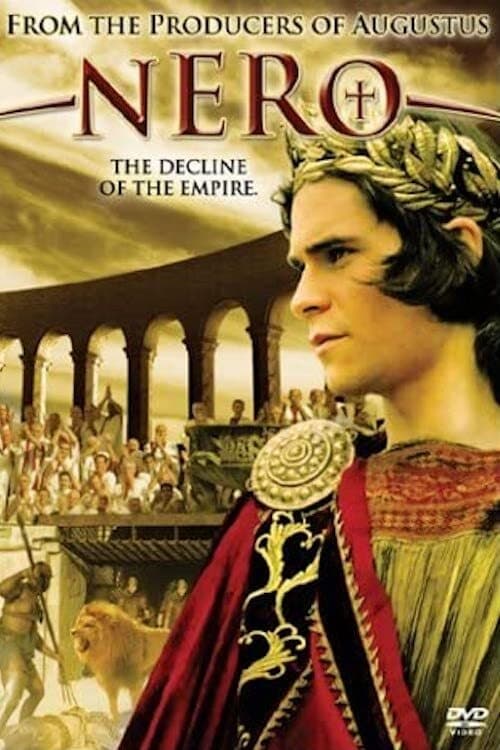
As a young boy, future emperor Nero witnesses the mad Emperor Caligula kill his father and exile his mother. While in exile in the pontine islands, Agrippina, his mother, sees a vision telling her that her son can become emperor, but she will have to die first. She accepts the proposal. Back in Rome, Nero, now being raised by emperor Claudius after Caligula's death, Agrippina returns. She poisons Claudius' food and Nero becomes emperor. At first, Nero cuts taxes and introduces successful programs and invades Brittania. Soon he meets a beautiful slave named Claudia Acte, and marries her, throwing off his engagement with Claudius' daughter, Claudia Octavia, telling her she can marry someone she will be happy with. Heartbroken, she arrives at an island and kills herself. Nero enjoys being married to Claudia Acte, but soon he gradually goes mad with power and sets fire to Rome.
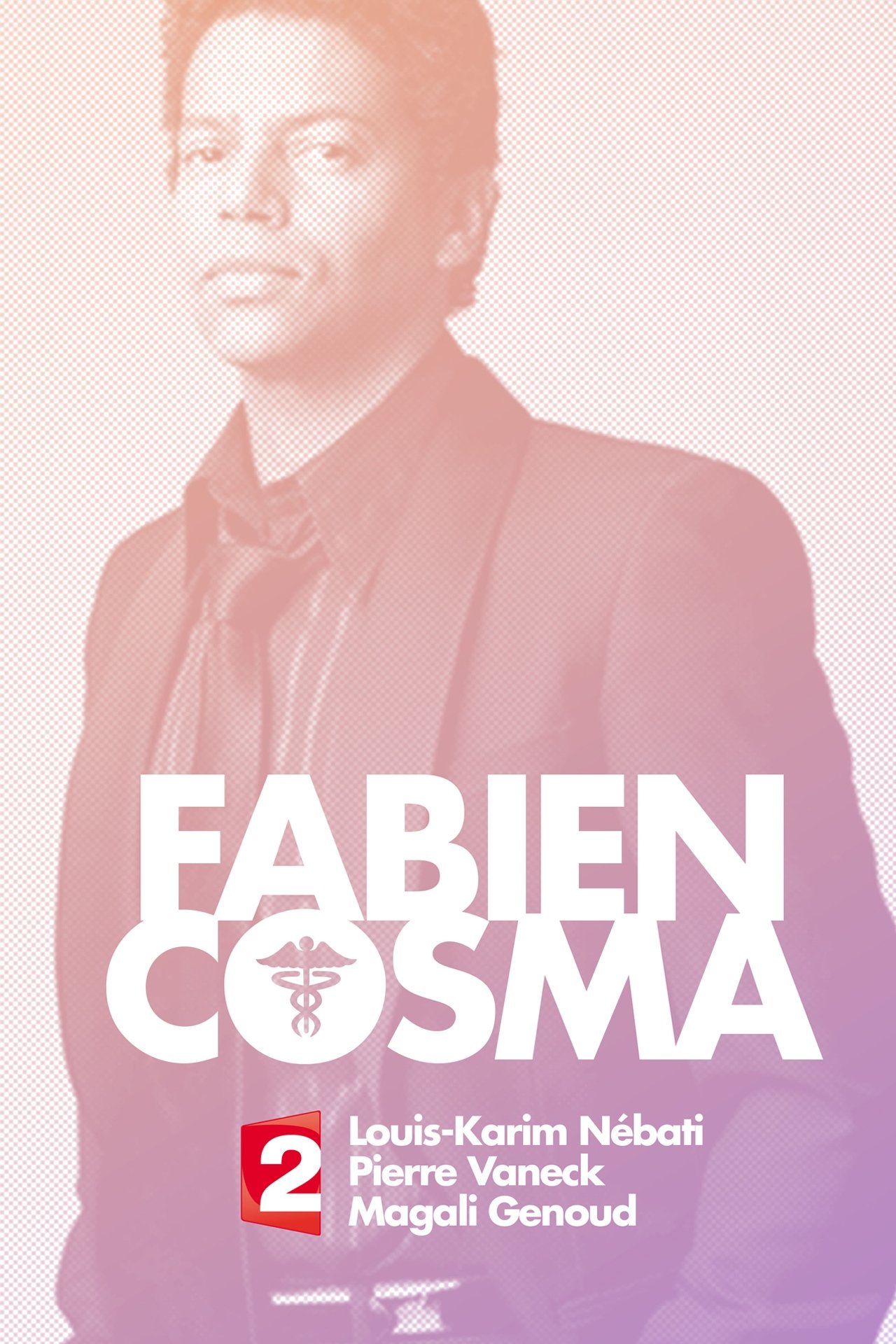
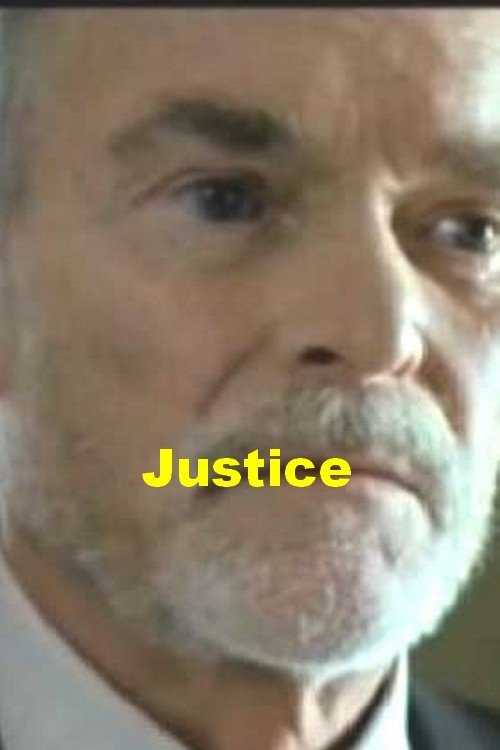
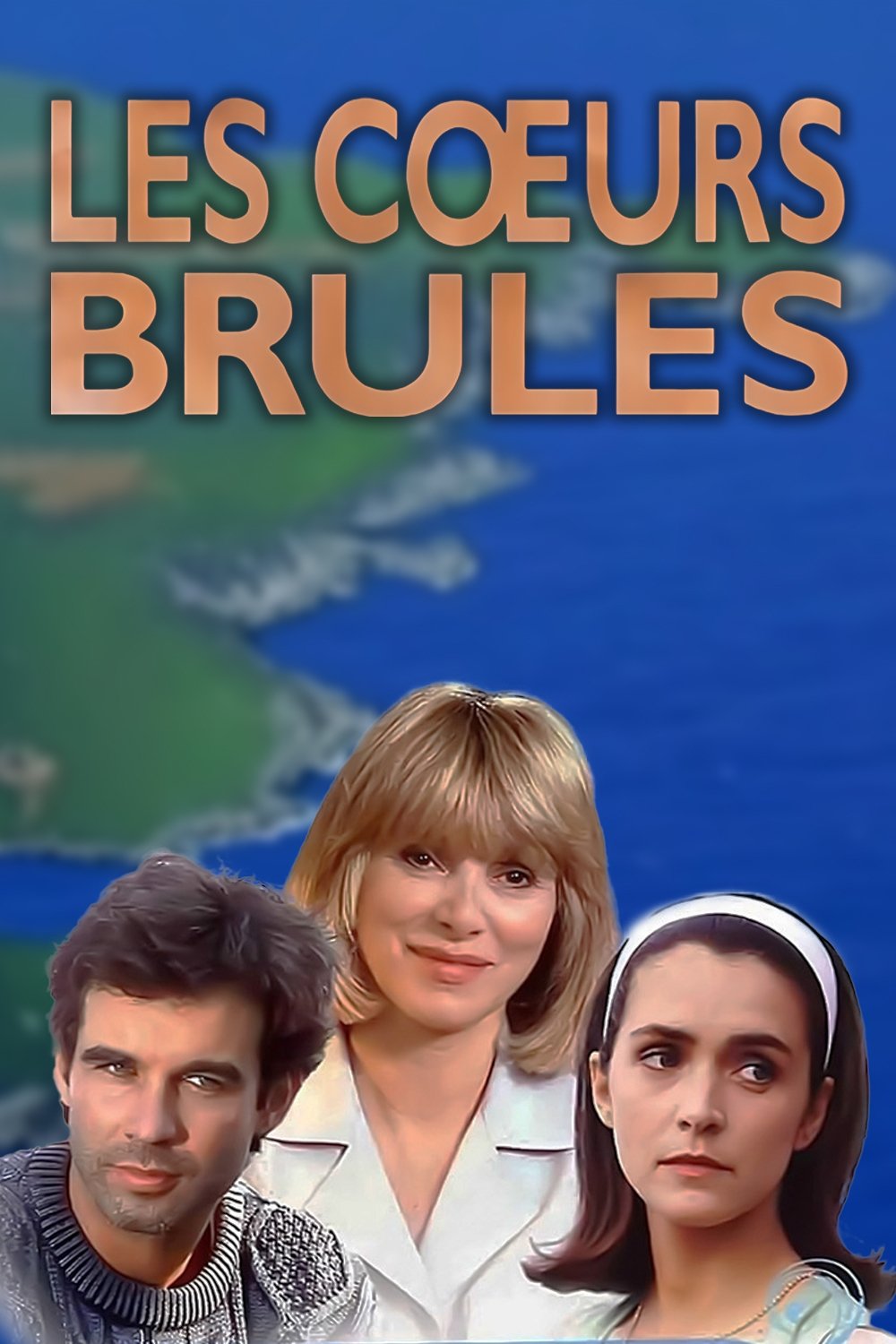
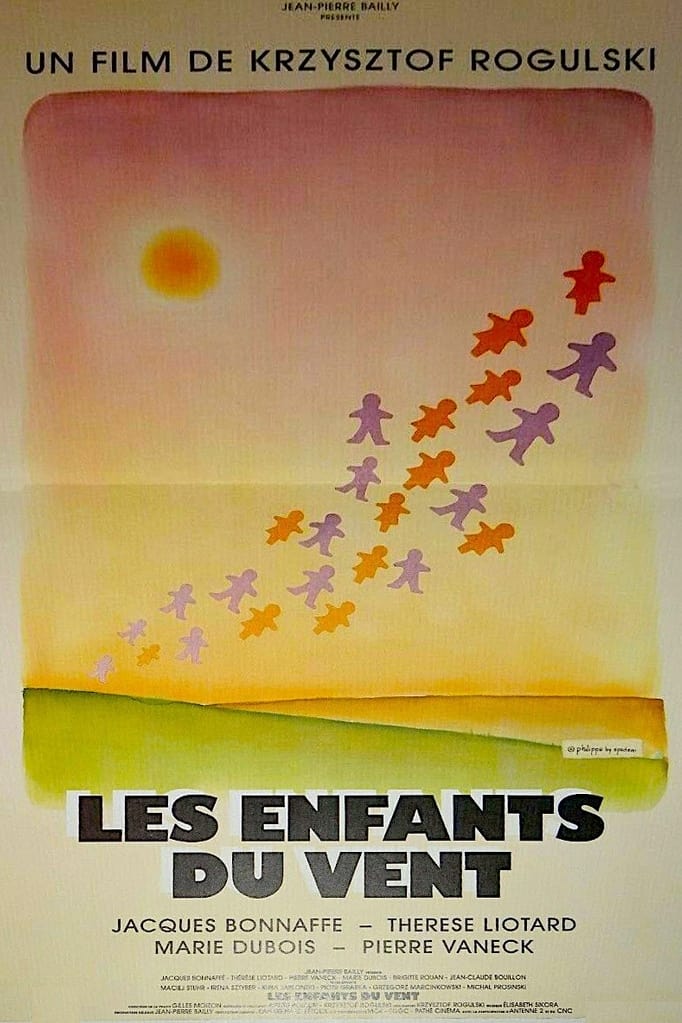
It is World War II, and the Nazis have taken over Poland. In this story, three citified children of Resistance fighters have taken refuge in the mountains, and they manage to hook up with three local youngsters. All six of them are being hunted by the Germans, and they are also being looked for by an adult who wants to take them to greater safety. Along the way, the children occasionally put on spontaneous theatricals.
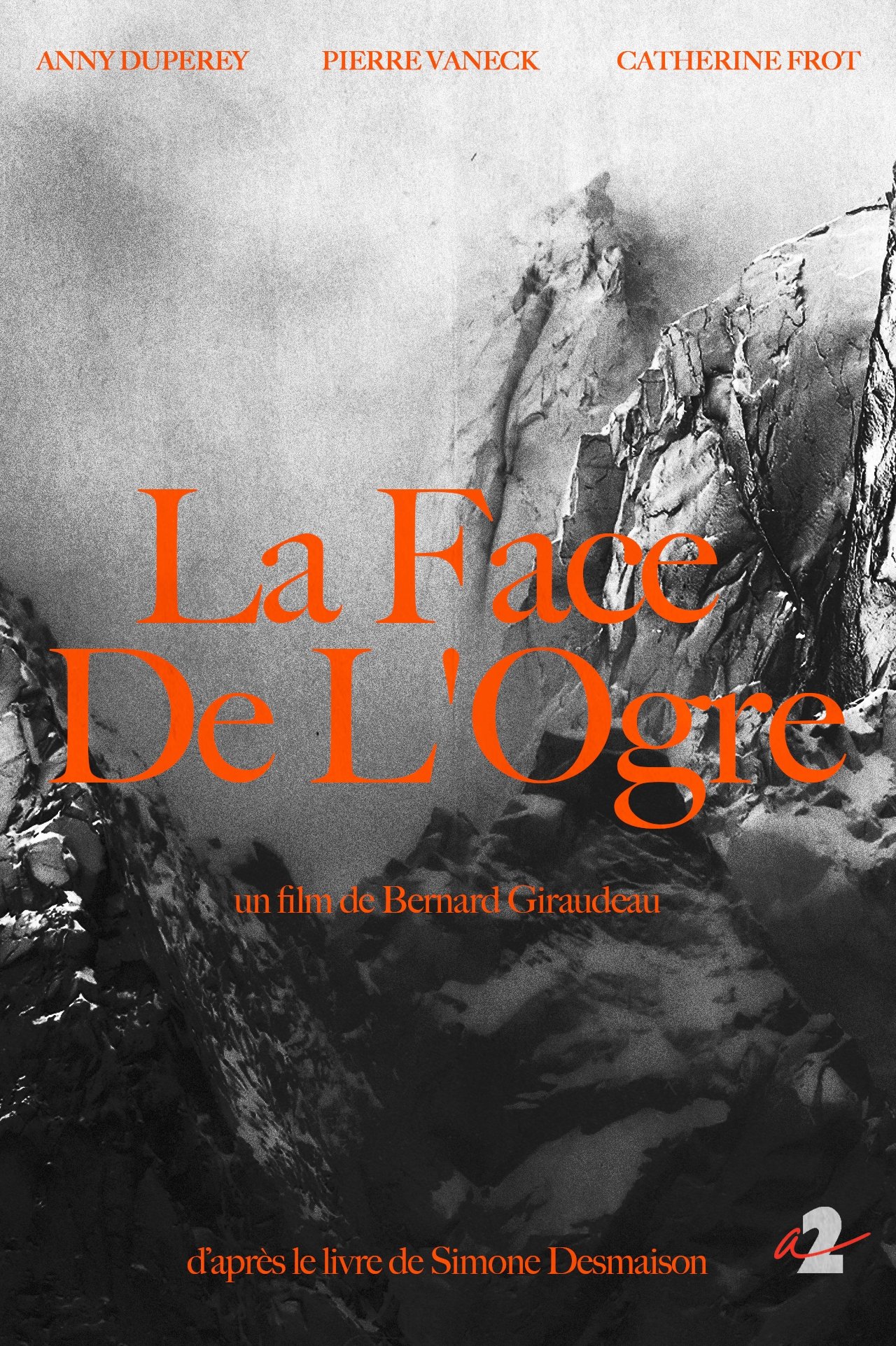
Several mountaineers attempt to climb La face de l'Ogre near Chamonix. Their starting point is a small mountain hotel from where many tourists observe them. Among these is Hélène, who has been staying there for a few weeks but who is excluded by the other tourists. Then she meets a city girl named Marion and they immediately become friends. She tells him that she is waiting for her husband who has tried to climb the mountain and should be back any day. But then the weather turns sour, which causes hope to wane but also brings women together in anxiety. Finally the weather improves and Marion's husband comes back but not Hélène's and she must finally accept the truth.
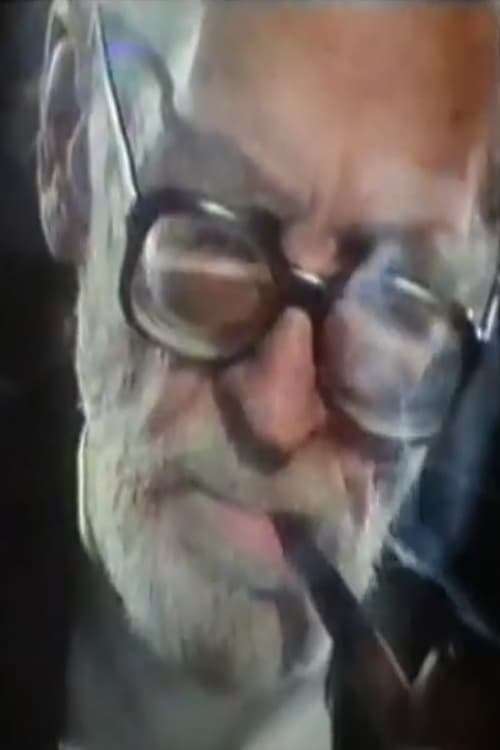
Mircea Eliade was a traditionalist Romanian novelist and philosopher. Following the disaster of the Second World War, he moved to Paris and Chicago, becoming a respected and influential historian of religions. He acquired something of the status of a guru, as poignantly told in the 1987 documentary Mircea Eliade et la redécouverte du sacré. The film features interviews with Eliade at the end of his life, artfully spliced with cuts to religious imagery on a background of moving spiritual music. It was released in 1987, the year after his death.
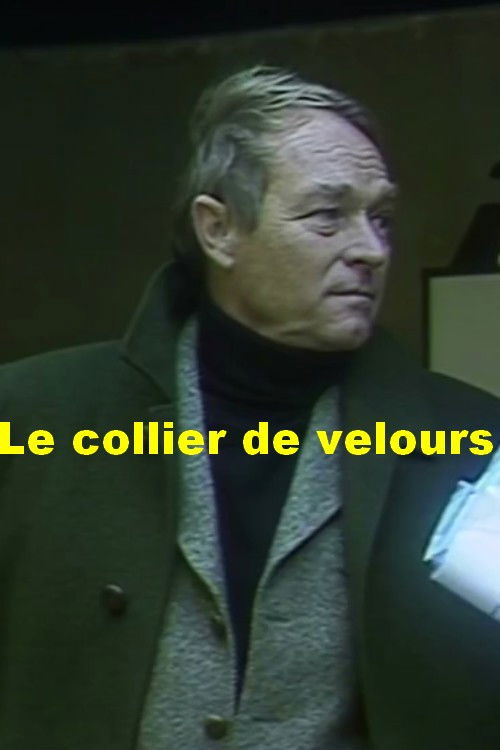
Pierre Vaneck (born Pierre Auguste Van Hecke; 15 April 1931 – 31 January 2010) was a French actor. During his career, he won a Molière Award in 1988 and received a César Award nomination in 2009. Son of a Belgian army officer, Pierre Vaneck spent his youth in Antwerp, Belgium, until the age of 17, when he started medical studies in Paris, France. Before long, he branched into studying acting, first at the Rene Simon school, and then at the Theatre Academy, under Henri Rollan. He earned his living meanwhile by working for a saddle-maker by day, and in the evenings, he recited François Villon's poems in cabarets. His début on the stage came in 1952 in The Three Musketeers in the role of Louis XIII. His first important role in the cinema was in the Julien Duvivier film, Marianne of my Youth in 1955. Pierre Vaneck was primarily a theatre and television actor. The general public knew him particularly for his television role as the father of the main character in Fabien Cosma, as well as in many other serials (Spring Tides, The Garonne...). Vaneck died on Sunday 31 January 2010, during open-heart surgery. He was married to Sophie Becker, daughter and sister of Jacques Becker and Jean Becker. His grandchildren, Aurélie and Thibaud Vaneck, are both actors, and feature in the television series Plus Belle la Vie which is broadcast on France 3 channel. Source: Article "Pierre Vaneck" from Wikipedia in English, licensed under CC-BY-SA 3.0.
By browsing this website, you accept our cookies policy.